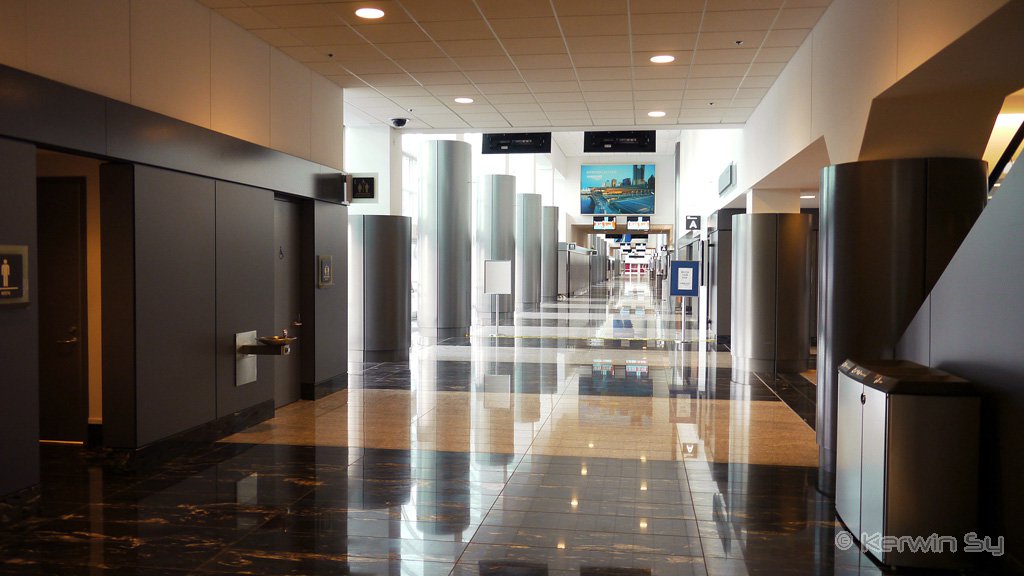I have interviewed for and worked at a LOT of different jobs. Retail, administration, customer service, biology, communications, software development… All fields are slightly different in terms of what they’re looking for during an interview and different interviewers have different styles. But there are commonalities between all interviews that are important to master if you intend to be successful in the working world.
In this series of posts, I’ll discuss some of my interview techniques and dive into a few field-specific areas.
The HR interview is the most basic type of interview that you are likely to encounter. These are typically generic interviews which attempt to weed out unsuitable candidates early in the selection process. Fortunately for candidates, HR interviews are basically all the same. If you practice your answers to these questions and deliver your responses in a clear and confident manner, you’ll do great!

Photo Credit: Original photo by K. Sy
Tell me about yourself?
Ideally, you will have a 1-2 minute blurb about yourself ready to go. Your blurb should tell your interviewer a bit about yourself, your background, and why you applied for the job in a positive and conversational manner. Don’t talk endlessly and try not to mention any weird hobbies or pet peeves during your blurb (plenty of time for that later!). I would also steer away from negative comments about your previous job.
Example: Applying for a job as a new graduate. (This was my blurb when I was first looking for a job in science, back in my previous degree)
“I’m graduating from UBC this May with a Bachelor of Science. I’m really interested in translational research and I think that cancer is one of those fields with incredible potential for new discoveries and advancement. While I was a student, I worked as a technician at a pharmaceutical company and became interested in the use of animal models for scientific discovery. And that’s why I’m interested in this position – I feel like my background and hands-on experience will be a great fit.”
And smile! 🙂
Why do you want to work for our company?
You should always try to identify a few things about the company that you find interesting and relevant to your experience before you go to the interview. If you can’t think of any reason at all why you would want to work for a company, then you probably should not apply (or get very good at faking it!). What you choose to focus on depends on the job that you are applying for. If it’s marketing, then perhaps you are interested in their goods and services. If it’s retail, then perhaps you enjoy their brand and products.
Example: Applying for a job at the local bookstore
“Well, of course I love books – but I’m sure you hear that often! This location is actually a favourite of mine because I live nearby and often drop by on the weekends. When I found that I needed a part-time job, I naturally thought to work here since it’s close to home and I enjoy being here anyways.”
The important thing is to be honest. If the company has a cool project or uses technology that you want to learn about, let the HR person know. Showing a bit of enthusiasm is almost always appreciated.
What are your biggest strengths?
People often find that this question is hard to answer. It can be awkward to feel as though you are promoting yourself. But remember – in a job interview you are trying to sell yourself. With this question, you should try to tie in your strengths to something that the company might value.
Example: Generic goal setting
“I am a person who thrives on goals. I like to set myself milestones for accomplishment and I find that as a result, I am constantly motivated to improve myself. For example, when I started my first job at the hospital, I decided to complete a difficult certification process in my first year. This was done outside of work hours and required independent study, attendance at workshops and seminars, and completion of a final oral exam. I was able to achieve my certification within a year and as a result, became a better and more knowledgeable employee.”
What are your biggest weaknesses?
This is the ugly sibling of the “biggest strengths” question. It’s hard enough for many people to identify their faults and weaknesses – to explain it to an interviewer in a positive way can be next to impossible! Many people believe that asking about weaknesses is a poor way to conduct an interview, but nonetheless, it is still a popular HR question. My response could take up a whole blog on its own, but for this blurb, I one simple tactic: Be honest, but not too honest.
Specifically, I would pick a genuine weakness that you can talk about briefly but NOT a weakness that has anything to do with your job. You need to be able to explain the weakness, how it negatively affects you, and what positive things you are doing to overcome that weakness.
Example: A software developer
“My biggest weakness is definitely speaking in front of large crowds. I tend to get a little nervous and often have to remind myself to speak louder. I’ve found that focusing on individual people in the crowd helps to keep me grounded because then I feel like I speaking to individuals and not a whole room of people. It’s something that I’ve been working on improving each chance that I get.”
*****
I hope that this is a good overview for anyone who is jumping into the job market. I find that most job interviews will ask at least a subset of these questions and the best thing you can do for job interviews is to be prepared!
What are your HR interview tips?